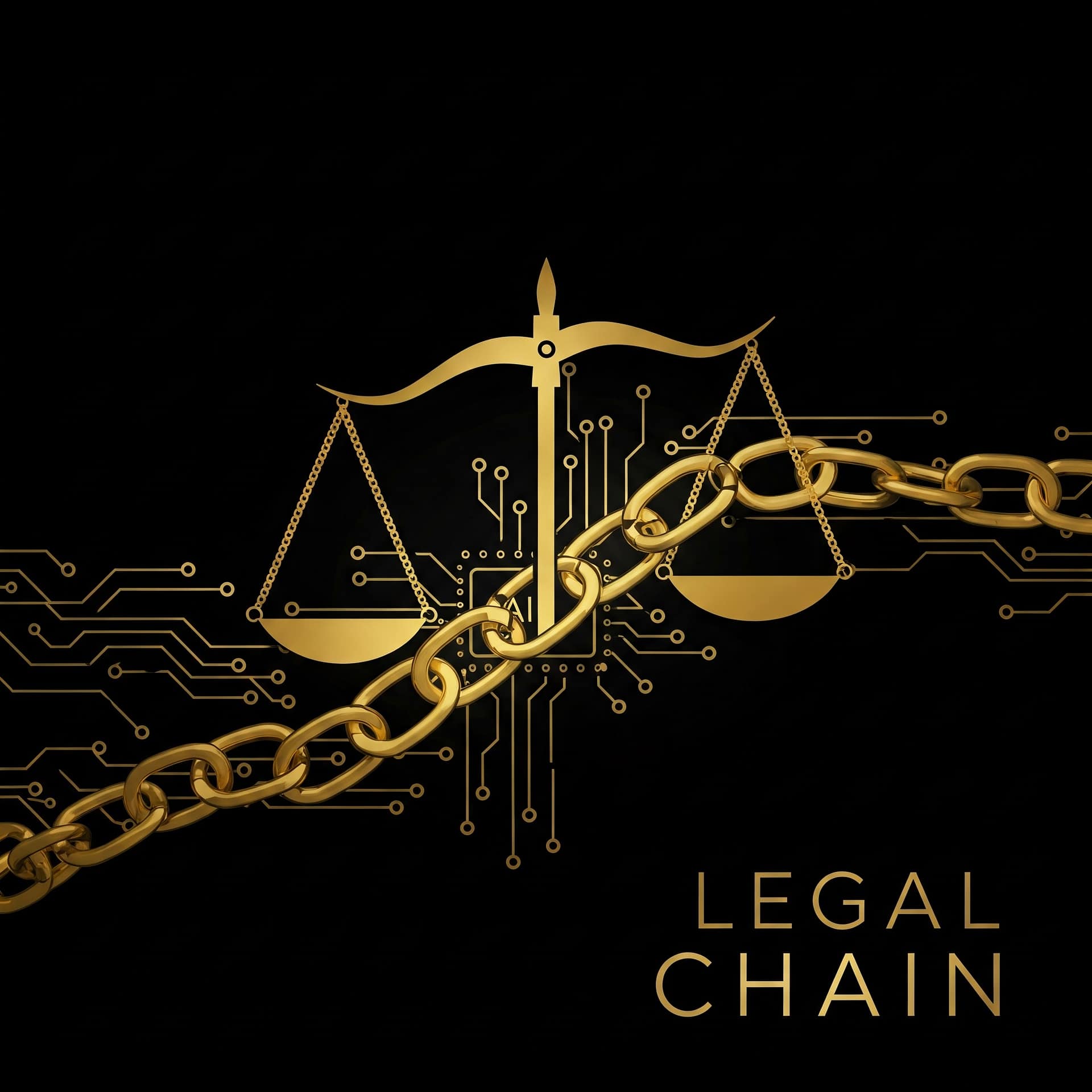The Algorithmic Attorney? Why Trusting AI with Legal Docs is a Risky Business
It’s understandable to be curious, even excited, about the potential of advanced AI like large language models (LLMs) such as those developed by Gemini, OpenAI (ChatGPT), DeepMind, and Anthropic (Claude). Their ability to process and generate human-like text is truly remarkable. However, when it comes to something as critical and legally binding as legal documents, relying on these technologies without significant human oversight is a path fraught with peril.
While these AI models can sift through vast amounts of text and identify patterns, the nuances, context, and critical judgment required in legal document creation and access are areas where they currently fall significantly short. Here’s why trusting them in this domain is a risky proposition:
1. Lack of True Understanding and Intent:
Legal language is precise and relies heavily on established precedent, specific terminology, and the intent behind the words. LLMs operate based on statistical probabilities and pattern matching in the data they’ve been trained on. They don’t possess genuine understanding of legal concepts, the intent of the parties involved, or the real-world implications of the clauses they generate or interpret. This can lead to documents that appear legally sound on the surface but may contain critical flaws or fail to accurately reflect the desired legal outcome.
2. Inability to Provide Legal Advice:
Creating or interpreting legal documents inherently involves providing legal advice. This requires understanding the specific facts of a situation, applying relevant laws, and exercising professional judgment. LLMs are not lawyers and are legally and ethically barred from providing legal advice. Their output, however sophisticated, should not be mistaken for legal counsel. Relying solely on AI-generated documents could leave individuals and businesses without the necessary legal protection and potentially exposed to significant risks.
3. Risk of Errors and Inaccuracies:
Despite their impressive capabilities, LLMs are not infallible. They can generate incorrect information, misinterpret complex legal concepts, and produce documents with critical errors. These errors, if undetected, can have severe legal consequences, rendering contracts unenforceable, violating regulations, or leading to costly litigation. The “black box” nature of some AI models can also make it difficult to trace the source of errors and understand why a particular output was generated.
4. Data Bias and Lack of Contextual Awareness:
LLMs are trained on massive datasets, and these datasets can contain biases that are inadvertently reflected in the AI’s output. In the legal context, this could lead to the generation or interpretation of documents that unfairly disadvantage certain individuals or groups. Furthermore, AI may lack the contextual awareness necessary to understand the specific circumstances surrounding a legal matter, leading to generic or inappropriate document generation.
5. Security and Confidentiality Concerns:
Legal documents often contain highly sensitive and confidential information. Entrusting the access and creation of these documents to AI systems raises significant security and data privacy concerns. While developers implement security measures, the risk of data breaches or misuse cannot be entirely eliminated. The legal profession has strict ethical obligations regarding client confidentiality, and it’s unclear how these obligations can be fully guaranteed when relying on third-party AI systems.
6. Lack of Accountability and Legal Liability:
If an AI-generated legal document contains errors or leads to adverse legal consequences, determining liability becomes a complex issue. Is the fault with the user, the AI developer, or the model itself? The lack of clear legal accountability in such scenarios underscores the inherent risks of relying solely on AI for legal document creation and access.
7. The Importance of Human Oversight and Expertise:
The creation and interpretation of legal documents require the critical thinking, ethical judgment, and nuanced understanding of human legal professionals. Lawyers are trained to analyze complex situations, understand the intent of their clients, and ensure that legal documents accurately reflect their needs and comply with the law. This human element is indispensable and cannot be replicated by current AI technology.
In Conclusion:
While AI holds immense potential to assist legal professionals with tasks like legal research and document review, it is not yet equipped to handle the critical responsibility of independently accessing and creating legally binding documents. Treating these powerful tools as a substitute for human legal expertise is a dangerous gamble. For now, and for the foreseeable future, human lawyers remain essential for navigating the complexities of the legal landscape and ensuring the accuracy, validity, and enforceability of legal documents. The Geminis, ChatGTPs, DeepMinds, and Claudes of the world can be valuable assistants, but they should not be the sole architects or interpreters of your legal rights and obligations.
